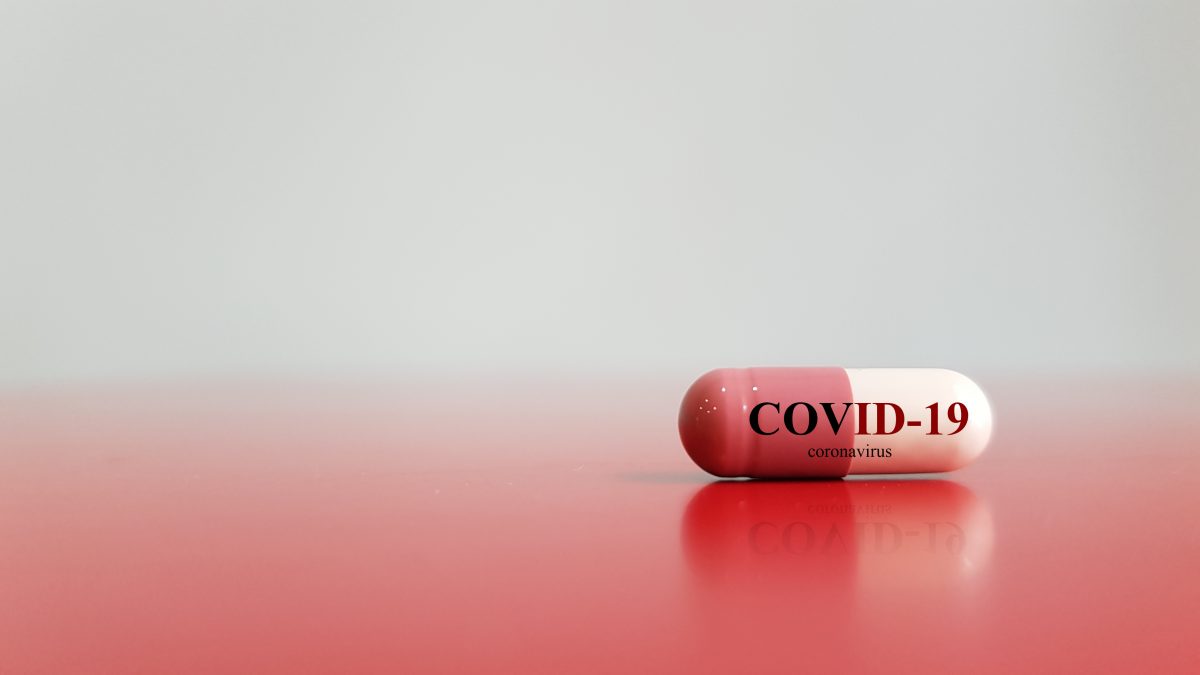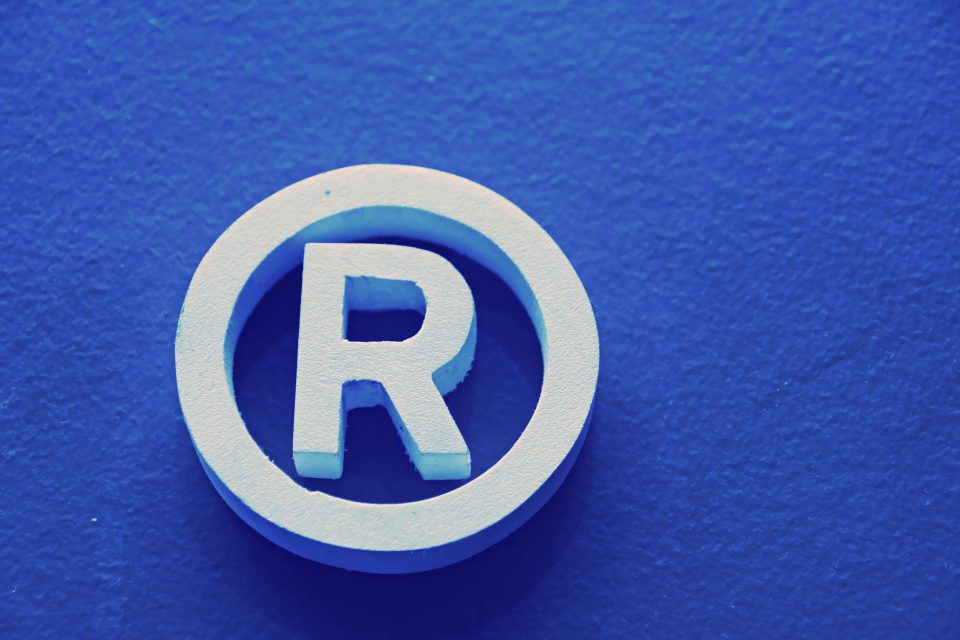INSIGHT: FDA Exclusivities Add Incentives to Covid-19 Drug Race
By Steven D. Roth, Bloomberg Law, May 4, 2020
Drugmakers are racing to develop a treatment for Covid-19, motivated not only by good will but also exclusivities available from the FDA for the first new approved active ingredient molecule. Lucas & Mercanti’s Steven D. Roth reviews the potential exclusivities for some of the most promising drugs being tested.
There is currently a race to find a treatment for the Covid-19 pandemic. Certainly, there are good will and reputational incentives to be the first to find a cure, but there are fairly substantial economic incentives as well. The FDA offers exclusivities for the first new approved active ingredient molecule, as well as a new treatment for an old molecule.
And despite calls from various governmental and organizational bodies for patent-free Covid-19 drugs, the U.S. is not yet taking or canceling patents for treating coronaviruses, and pharmaceutical companies do not seem eager to dedicate their patents—which offer a 20-year monopoly in the U.S.—to the public.
The federal government, however, can purchase and sell infringing drugs without a license, and the only recourse the patent holder has is to obtain reasonable compensation from the government (28 U.S.C. 1498(a)). Moreover, the government may have licensing rights to patents resulting from research it funds.
Currently No Approved Drugs
Below are the potential FDA and IP exclusivities for some of the most promising drugs currently being tested to treat Covid-19.
There are no FDA approved drugs to treat any coronavirus, including SARS (2003-2004), MERS (2012-2015), or the current SARS-Cov-2 (Covid-19). But given the rate of spread and mortality of SARS-CoV-2, many researchers are scrambling to find a treatment. According to clinicaltrials.gov, there are presently about 1,000 clinical studies on Covid-19, of which 657 are interventional (some group of subjects receiving treatment), of which only 15 have been completed.
Given the substantial databank of existing anti-viral drugs, the focus has been on clinically testing approved or unapproved experimental drugs that show some in vitro inhibiting effect on the new coronavirus. Also being tested are immunosuppressant drugs for suppressing the immune system from overreacting to the virus, which has caused some of the most dangerous symptoms.
Conversely, trials infusing monoclonal antibodies or convalescent plasma from recovered patients into sick patients to strengthen their immunity to SARS-CoV-2 are being conducted, and presently may offer the most promising treatment.
The FDA awards five years exclusivity on the first drug product approval on a new molecule or chemical entity (NCE); three years exclusivity on an old molecule but for a new treatment indication proven by a human clinical trial; 12 years exclusivity on a new biologic drug; and seven years exclusivity on an orphan drug—meaning a drug that will treat less than 200,000 patients annually.
Below are some of the primary drugs being tested in clinical trials for treatment of Covid-19, and their potential FDA and IP exclusivities.
Hydroxychloroquine and Chloroquine
These are old drugs approved to treat malaria, lupus, and rheumatoid arthritis. There are no longer any patents on hydroxychloroquine (Plaquenil) or chloroquine (Aralen) in the Orange Book.
According to clinicaltrials.gov, there are presently over 100 clinical studies on hydroxychloroquine or chloroquine, some combined with azithromycin, but only two completed. If these clinical studies result in a new approved indication for the treatment of Covid-19, the applicant would receive three years FDA exclusivity.
We found no U.S. patents on the use of these drugs to treat a coronavirus, and the earliest U.S. patent application we found on such use is U.S. Patent Pub. No. 2004/0167162 (“Uses for Anti-Malarial Therapeutic Agents”), which published on Aug. 26, 2004, and was abandoned in 2009.
Remdesivir
Remdesivir is an anti-viral drug first developed by Gilead around 2010 to treat Ebola patients. There are no FDA approved drugs containing remdesivir. There are at least five remdesivir clinical studies for Covid-19 on clinicaltrials.gov.
Gilead would receive five years NCE exclusivity on remdesivir if it were approved to treat Covid-19. And, though it initially sought seven years exclusivity on remdesivir as an orphan drug, it withdrew that request because of the public outcry.
Gilead has numerous U.S. patents and pending U.S. patent applications that appear to cover the active ingredient molecule and its use. See, e.g., U.S. Patent No. 10,065,958 (expires March 8, 2032) and 9,724,360 (expires Oct. 29, 2035)—covering the remdesivir molecule; and U.S. Patent Application No. 16/265,016 (allowed Feb. 6, 2020 and expires no earlier than Sept. 16, 2036), which covers the use of remdesivir to treat coronavirus.
Thus, remdesivir and its use to treat patients with coronavirus may have patent protection in the U.S. well into the 2030s, assuming these patents are valid (e.g., some may have double patenting issues).
Protease Inhibitors
Protease inhibitors are antivirals that interfere with viral duplication by inhibiting the protease enzyme. The combination of two such protease inhibitors, lopinavir and ritonavir (Kaletra), was approved in 2000 for the treatment of HIV. There are currently at least 25 clinical trial (three completed) on clinicaltrials.gov on the use of these drugs to treat Covid-19.
The patents on lopinavir and ritonavir, and their combination, have expired, and we found no U.S. patents on the use of these drugs to treat patients infected with coronavirus. But, as above, a new approved indication on an old drug would receive three years FDA exclusivity.
Biological Immune Modifiers
There are over 100 pending clinical trials testing biological drugs to treat Covid-19. Biologics are large, complex molecules, generally produced through biotechnology in a living system, such as a microorganism, plant cell, or animal cell. Biologics have extremely high technical, economic and regulatory barriers to entry, even before encountering FDA and IP protection.
To date, there have been only 26 biosimilars approved by FDA, none of which have met the FDA’s even more stringent requirements for interchangeability with the reference biologic drug product.
A number of clinical studies are testing biologics known to tamp down the rampant immune response to SARS-CoV-2 that cause serious side effects and death. Many of the sickest patients have elevated levels of inflammatory proteins known as interleukin-6 and interleukin-1.
Thus, there are numerous Covid-19 clinical trials testing interleukin-6 inhibitors: Actemra (tocilizumab) (20 trials), Kevzara (sarilumab) (nine trials), siltuximab (sylvant) (two trials); and testing interleukin-1 inhibitor Kineret (anakinra) (seven trials). Most of these drugs are FDA approved for arthritic related conditions.
In addition, scientists are searching for and testing monoclonal antibodies that may neutralize the Sars-CoV-2 virus. These are also biologics.
Other Drugs
There are numerous other drugs in clinical Covid-19 trials, many of which already have FDA approval for other uses. Here are some examples, with the number of studies listed on clinicaltrials.gov and Orange Book (FDA) exclusivities:
- Ruxolitinib (Jakafi)—nine studies—patents expire June 12, 2028; FDA exclusivity expires 5/24/26;
- Baricitinib (Olumiant)—seven studies—patents expire June 8, 2030; FDA exclusivity expires May 31, 2023;
- Favipiravir (Avigen)—10 studies—not FDA-approved;
- Oseltamivir (Tamiflu)—four studies—no U.S. patents;
- Ivermectin (Stromectol)—three studies—no U.S. patents;
- Aspirin—five studies—no U.S. patents;
- Losartan (Cozaar)—six studies—no U.S. patents.
There are huge financial rewards to obtaining an FDA approved treatment for Covid-19, driven in large part by potential FDA and patent exclusivities. Biologics enjoy the longest FDA exclusivities (12 years). U.S. patents protect monopolies for 20 years or more, and while many drugs being tested are no longer covered by molecule patents, new patent applications are always being filed on the use of old drugs to treat new infections, including coronaviruses, and likely are even now being filed specifically to treat Covid-19.
This column does not necessarily reflect the opinion of The Bureau of National Affairs, Inc. or its owners.
Author Information
Steven D. Roth is a partner at Lucas & Mercanti LLP, specializing in pharmaceutical and intellectual property law. He primarily represents clients in patent litigation and advising on product development and has represented both brand name and generic clients for over 25 years.
![Lucas_Mercanti_FinalUpdated_[3373]](https://www.lmiplaw.com/wp-content/uploads/2018/07/Lucas_Mercanti_FinalUpdated_3373.png)



